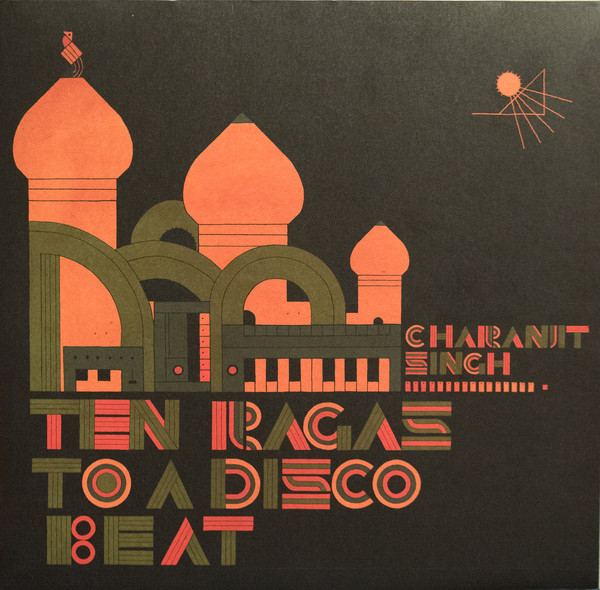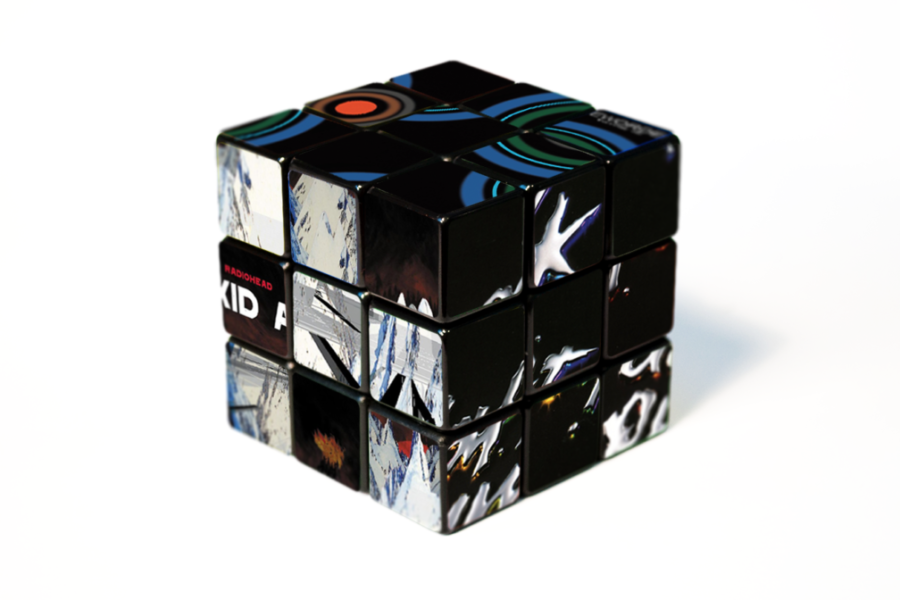In a blogpost from March 2017, which appeared on my twitter-timeline just now, Funster of Mixmag.com asks the question:
„Is it ever acceptable to remix a classic?“
Well, the question itself is already wrong. What exactly is a „classic“ in the first place, and who is it to decide which tracks are „classics“? Why should it NOT be allowed to remix? And most importantly: who should it be to allow and monitor, wheter a remix of a classic is „good“ and therefore „allowed“, or „bad“ and should therefore „be banned“? If we go down that road, we’d end up with a remix-police – and who should it be? A central committee of DJs and remixers? Your national culture ministry? The UNESCO? Funster of mixmag?
We already have such a system that works fine: it’s the huge community of DJs, fans, listeners and dancers. You don’t like the remix of „Blue Monday“ or „Born Slippy“? Well: Don’t play it, don’t buy, vote it down on Youtube. If you hear it being played in your club by a DJ: don’t dance to it, or let the DJ in any other (polite and friendly) way understand, that this track kills the vibe on the dancefloor (any sensitive DJ would understand that intuitively without any words, btw…). In the end, that’s what Funster himself is doing, as you can read at the end of the blogpost: „Funster is Mixmag’s Deputy Digital Editor and he’ll stop dancing if you play a shit remix.“
I personally do really like the Bulletproof/Dino Psaras remix of „Blue Monday“. It nicely translates the original into psytrance. I played it a few times and the response was great. Of course, as a DJ you need to pay attention wheter the tracks fits the overall style and atmosphere of your set, and wheter the audience would appreciate it or not. That’s basically an issue with every single track you select, but with remixes of such „classics“ the risk of failure is much higher.
I played it to a rather mixed audience of goa-fraggles and people who were not so much into it. I’d refrain from playing it on a „strictly psytrance“-party, though.
So, the answer to Funsters question is simple: of course it should be allowed to remix a classic. Always!
There are only two kind of limits to it: there are limits set by copyright-laws. I am just simply stating that in many cases these limits exists and that everyone violating them should be aware of what s/he does. Wheter such limits are good or bad, is not the case to discuss here.
The second kind of limits are the one set by the artists themselves, who might not want their beloved work to be remixed. No matter if you agree to that or not, that should be respected.
For everything else: just go ahead and remix whatever you want. Let the people decide if you did a good job and added something special to that classic tune, or if you failed to do so and presented yourself as a copycat.




